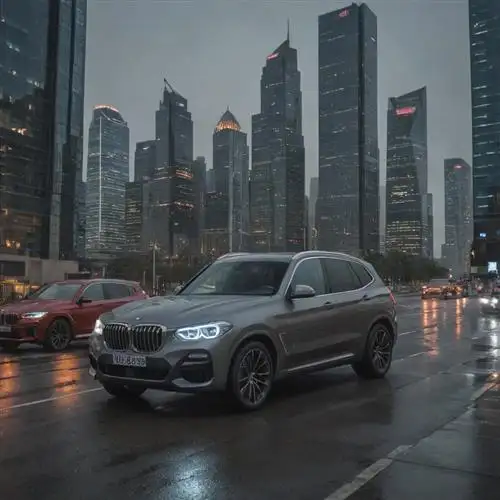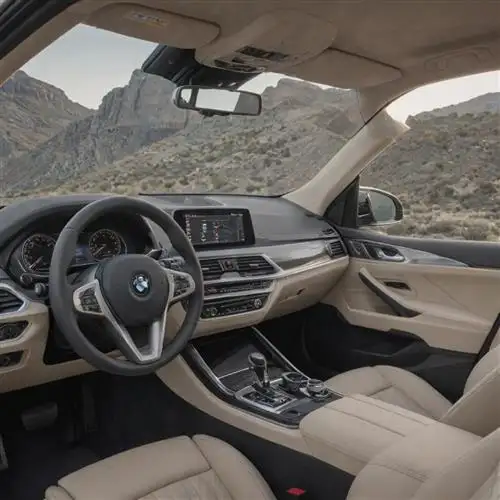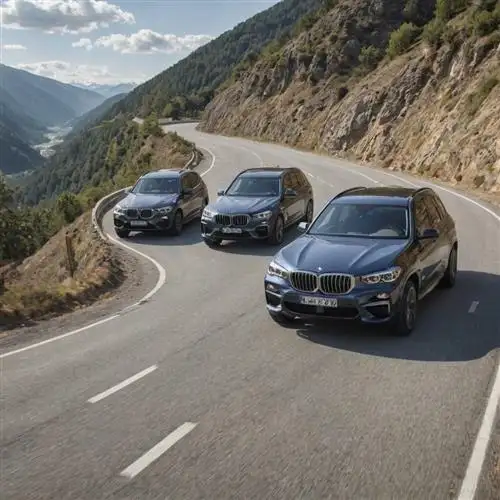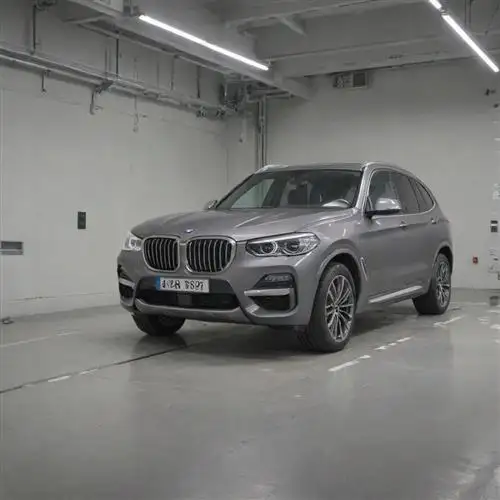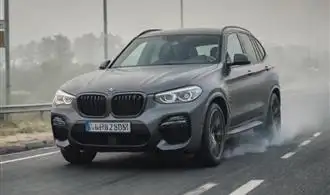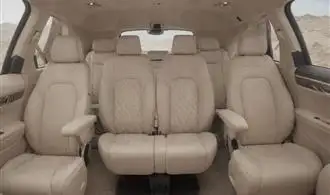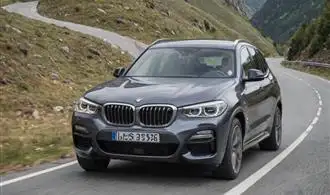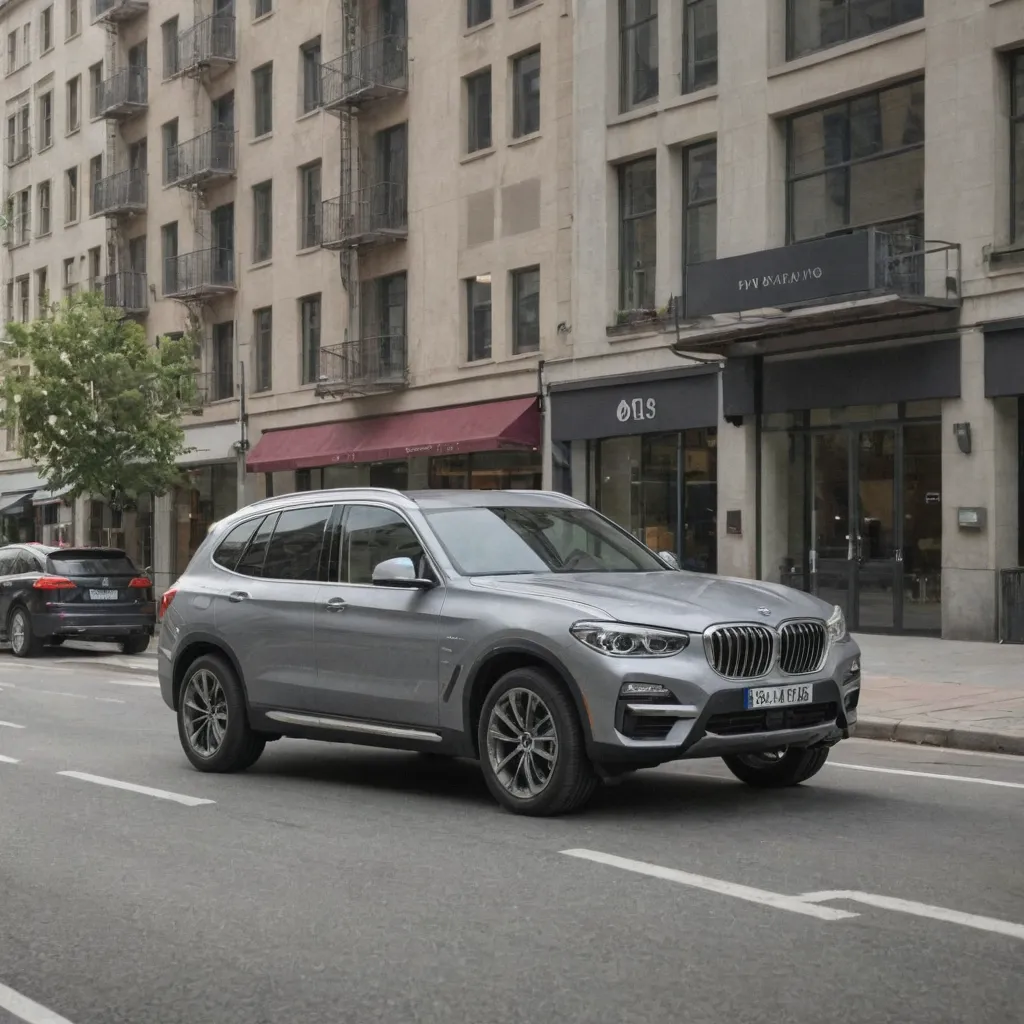
Exterior Design Comparison
When considering the BMW X3 and the Genesis GV80, the exterior design plays a crucial role in determining the overall aesthetics and personality of the vehicles. The BMW X3 boasts a distinctive kidney grille, a hallmark of the brand, which has been refined over the years to strike a balance between aggression and sophistication. The sharp, angular headlights and the muscular, yet streamlined body lines convey a sense of power and dynamism. In contrast, the Genesis GV80 offers a more elegant and refined approach, with a bold, cascading grille that sets it apart from its competitors. The sleek, sculpted lines and the subtle use of chrome accents create a premium and luxurious appearance.
One key aspect to consider is the The Design Evolution of the BMW X3 - From Past to Present. Over the years, the BMW X3 has undergone a transformation, with each generation building upon the previous design. The current model features a more angular and assertive front-end, complemented by a distinctive shoulder line that runs the length of the vehicle. This design language conveys a sense of confidence and refinement, appealing to those who value a bold and dynamic presence on the road.
In terms of dimensions, the BMW X3 and the Genesis GV80 offer similar overall footprints, with the GV80 being slightly larger in certain measurements. However, the proportions and design cues of each model create a distinct visual impression. The BMW X3 maintains a more compact and agile appearance, while the Genesis GV80 projects a more substantial and commanding presence on the road.
Interior Luxury and Technology
The interior of the BMW X3 is a masterclass in luxury and technology. The cabin features premium materials throughout, with a range of high-quality leather, wood, and metal accents that exude an air of sophistication. The seats are exceptionally comfortable, providing excellent support and bolstering for both long and short journeys. Drivers will appreciate the ergonomic layout of the controls, which are intuitively placed and easy to access.
The BMW X3's technology suite is equally impressive, with a large, high-resolution touchscreen display at the center of the dashboard. This system offers seamless integration with smartphones, allowing users to access a wealth of features and applications. The intuitive iDrive controller provides an alternative input method, making it easy to navigate the menus and settings. Additionally, the X3 boasts a fully digital instrument cluster, which can be customized to display a variety of information, from navigation to performance data.
One of the standout features of the BMW X3's interior is the available head-up display. This technology projects critical driving information directly onto the windshield, allowing drivers to keep their eyes on the road while still accessing important data. The system is highly customizable, with the ability to adjust the information displayed and the brightness to suit individual preferences.
In comparison, the Genesis GV80 also offers a luxurious and tech-savvy interior, but the BMW X3 sets itself apart with its superior build quality and attention to detail. How the BMW X3 Outperforms the Mercedes-Benz GLC in Key Areas is an insightful article that delves deeper into the X3's performance advantages over its competitors.
Performance and Handling Comparison
When it comes to performance and handling, the BMW X3 and the Genesis GV80 offer distinct experiences. The X3 is known for its agile and dynamic driving characteristics, thanks to its rear-wheel-drive-based architecture and BMW's renowned engineering prowess. The suspension setup and steering response in the X3 provide a heightened sense of control and engagement, making it a joy to drive on winding roads. The turbo-four and turbocharged inline-six engines in the X3 lineup deliver impressive power and acceleration, with the range-topping M models offering truly exhilarating performance.
In contrast, the Genesis GV80 prioritizes a more comfortable and refined driving experience. While not as driver-focused as the X3, the GV80 still offers competent handling and a smooth, well-damped ride quality. The available all-wheel-drive system and the choice of turbocharged four-cylinder or V6 engines provide a balance of capability and confidence. The GV80 excels at effortless cruising and long-distance travel, making it a compelling option for those who value a more luxurious and relaxed driving experience.
It's worth noting that the BMW X3 offers a wide range of performance variants, including the high-performance X3 M and X3 M Competition models. These variants deliver blistering acceleration, with 0-60 mph times as low as 4.1 seconds, and they feature more aggressive suspension tuning, upgraded brakes, and other performance-enhancing features. This level of performance is not matched by the GV80, which is more focused on comfort and refinement.
Safety and Driver Assistance Features
When it comes to the BMW X3 and the Genesis GV80, both vehicles offer a comprehensive suite of safety and driver assistance features to provide a secure and reliable driving experience. The BMW X3 boasts an impressive array of standard safety technologies, including forward collision warning, automatic emergency braking, lane departure warning, and a rearview camera. Additionally, the X3 offers optional features such as adaptive cruise control, blind spot monitoring, and a surround-view camera system, which can significantly enhance the driver's awareness and control on the road.
In contrast, the Genesis GV80 also prioritizes safety, with a host of standard driver assistance features. These include forward collision-avoidance assist, lane keep assist, and rear cross-traffic alert. The GV80 also offers optional features like blind spot monitoring, smart cruise control, and a blind spot view monitor, which provides a real-time video feed of the vehicle's blind spots on the digital instrument cluster.
One notable safety feature that sets the BMW X3 apart is its standard automatic high beam control, which automatically adjusts the headlights to provide optimal illumination without blinding oncoming drivers. The Genesis GV80, on the other hand, offers this feature as an optional upgrade.
In terms of passive safety, both the BMW X3 and the Genesis GV80 have earned top safety ratings from organizations like the Insurance Institute for Highway Safety (IIHS) and the National Highway Traffic Safety Administration (NHTSA), indicating their strong commitment to occupant protection in the event of a collision.
Real-World Practicality and Ownership Experience
When it comes to real-world practicality and ownership experience, the BMW X3 and the Genesis GV80 have some key differences that are worth considering. The X3 is renowned for its dynamic handling and performance, which can make it feel more engaging to drive on a daily basis. However, the GV80 counters with a more spacious and comfortable interior, as well as a smoother ride quality that may be better suited for long commutes or family trips.
One area where the X3 shines is its cargo capacity. With 28.7 cubic feet of space behind the rear seats, it offers slightly more room for luggage, groceries, or other gear compared to the GV80's 27.7 cubic feet. This can be particularly useful for those who frequently need to transport bulky items. Additionally, the X3's split-folding rear seats provide a flexible storage solution when more space is required.
In terms of fuel efficiency, the X3 holds a slight advantage, with EPA-estimated ratings of 23 mpg city and 29 mpg highway for the base turbocharged four-cylinder model. The GV80, on the other hand, achieves 21 mpg city and 25 mpg highway with its standard turbocharged four-cylinder engine. This difference can translate to lower fuel costs over time, particularly for those who do a lot of highway driving.
When it comes to maintenance and ownership costs, the X3 may have a slight edge. As a well-established model in BMW's lineup, the X3 benefits from a larger network of authorized dealers and service centers, which can make it easier to find parts and schedule repairs. The GV80, being a newer model from the Genesis brand, may have a slightly more limited service infrastructure in some areas, which could result in higher costs or longer wait times for certain maintenance or repair needs.

